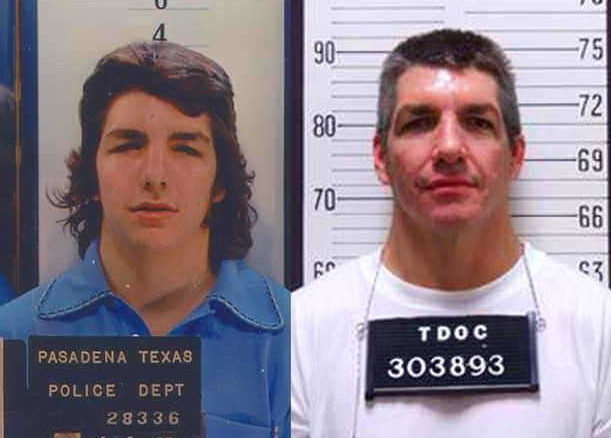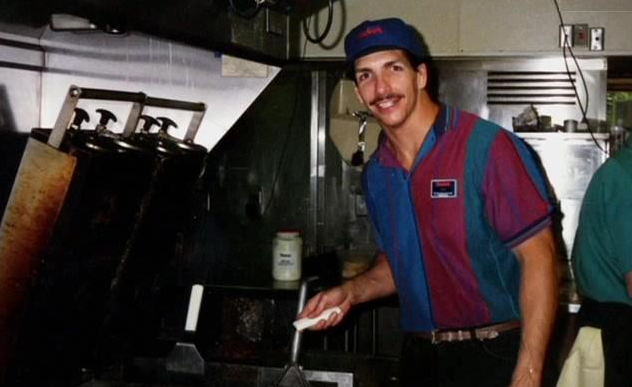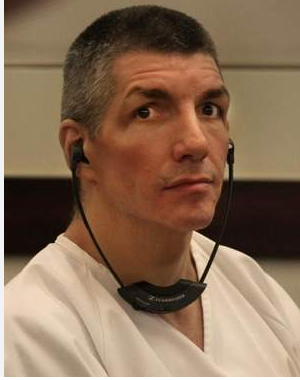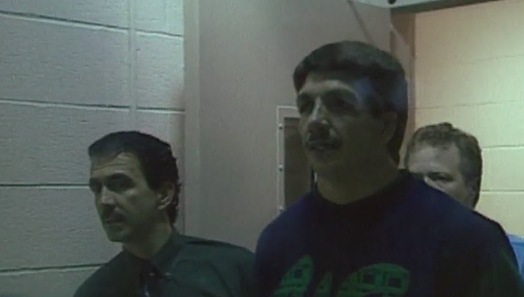Serial Killer Sunday | Paul Reid: The Fast Food Killer

Serial Killer Sunday | Paul Reid: The Fast Food Killer
Paul Dennis Reid, infamously known as the “Fast Food Killer,” was one of Tennessee’s most notorious serial killers, whose brutal crime spree in the late 1990s shocked the nation. Between February and April of 1997, Reid murdered seven people across a series of fast-food restaurant robberies in a killing spree marked by cold-blooded execution and a chilling lack of remorse.

Background and Early Life
Paul Reid was born on November 12, 1957, in Texas. His early life was turbulent, marked by a history of abuse, instability, and brushes with the law. By the time he reached adulthood, Reid had amassed a lengthy criminal record, primarily involving theft and fraud. In 1983, he was sentenced to 20 years in Texas for aggravated armed robbery, but he was paroled in 1990 after serving just seven years.
In the early 1990s, Reid moved to Nashville, Tennessee, hoping to launch a career in country music. He found work in various restaurants and tried to blend in with the community. However, behind his seemingly normal facade lurked a deeply troubled and violent man with mounting frustration over his failed ambitions.
The 1997 Killing Spree
Reid’s killing spree began in early 1997 and took place over a period of just over three months. His method was consistent: he targeted fast food restaurants shortly before closing time, robbed them, and executed employees in the back of the store to eliminate witnesses.
February 16, 1997 – Captain D’s Murders (Nashville)
Reid’s first known murders occurred at a Captain D’s seafood restaurant in Nashville. After forcing two employees—Sarah Jackson (16) and Steve Hampton (25)—into the restaurant’s walk-in cooler, Reid robbed the store and shot both in the head multiple times. The sheer brutality and apparent randomness stunned investigators and the public alike.
March 23, 1997 – McDonald’s Murders (Clarksville)
Reid struck again, this time at a McDonald’s in Clarksville. He took three employees—Andrea Brown (17), Ronald Santiago (27), and Robert A. Sewell (23)—into the back of the restaurant. After robbing the store, he executed all three, shooting each in the head. Brown, though shot, survived the attack and later became a crucial witness.
April 23, 1997 – Baskin-Robbins Murders (Nashville)
His final known attack occurred at a Baskin-Robbins ice cream shop in Nashville. Two teenage employees, Angela Holmes (21) and Michelle Mace (16), were abducted, driven to a nearby park, and murdered. Their bodies were later discovered in a lake, bound and with their throats slashed.

Investigation and Arrest
Law enforcement authorities faced immense pressure to stop the killer, as fear spread across Tennessee. Surveillance footage, surviving witnesses, and forensic evidence began to build a case. After an exhaustive manhunt, Reid was finally arrested on June 25, 1997, for attempting to rob a Shoney’s restaurant. A fingerprint match and eyewitness identification connected him to the earlier crimes.
Further investigation uncovered physical evidence tying Reid to all three crime scenes, including shell casings, ballistics, and items belonging to the victims.
Trial and Conviction
Reid was tried in multiple jurisdictions due to the geographical spread of his crimes. He faced three separate trials—one for each of the major incidents. In each case, he was convicted and sentenced to death. Over the years, he filed numerous appeals, often claiming mental incompetence, brain damage, and inadequate legal representation.
Despite these efforts, courts repeatedly upheld his convictions, citing overwhelming evidence and the calculated nature of his crimes. He remained on death row at Riverbend Maximum Security Institution in Nashville.

Execution
Paul Dennis Reid was executed by lethal injection on April 20, 2013, at the age of 55. His execution brought an end to a long and painful chapter for the victims’ families, some of whom were present at the prison during the execution. He did not make a final statement, and his death came after more than 15 years of appeals and legal battles.
Legacy and Impact
The brutal murders committed by Paul Reid left deep scars on the communities of Nashville and Clarksville. His case highlighted the vulnerabilities of young workers in late-night businesses and led to increased security measures in fast-food establishments across the region.
Beyond the horror of the crimes themselves, the “Fast Food Killer” case sparked debates about parole policies, as Reid’s early release from prison in Texas allowed him the opportunity to kill again. His execution was a grim reminder of how calculated evil can hide behind an ordinary face.






